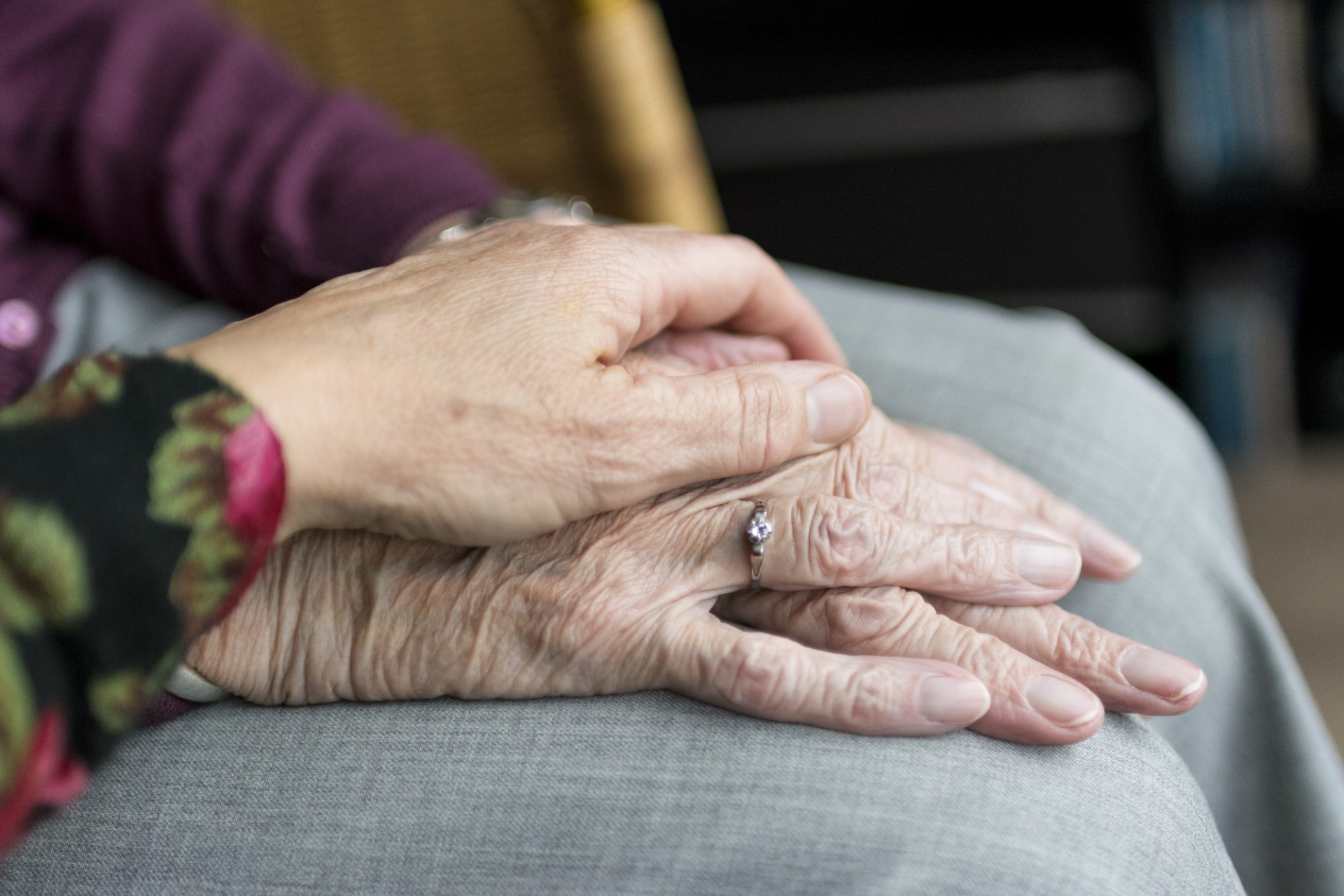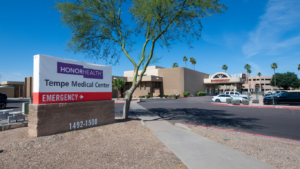While most residents in cities around the country look forward to the summer season, Arizonans try their best to stay cool living through the hottest days of the year, with temperatures rising above 100 degrees. During the summertime, people have a higher risk of suffering from dehydration. In addition, this year’s COVID-19 pandemic and the Center for Disease Control’s (CDC) recommendation that people wear cloth face masks or coverings to protect others from their respiratory droplets may impact some from drinking the normal amount of water or other hydrating fluids that they typically would.
Extreme heat can be dangerous for anyone, but older adults are especially vulnerable because they are more likely to have chronic medical conditions that change the normal body response according to the CDC. As they age, they retain less water in their bodies and are less likely to sense and appropriately respond to temperature changes with adequate fluid consumption.
In addition, older adults who may need to shelter in place throughout the summer due to the COVID-19 pandemic may face additional heat-related illnesses in their homes. For example, homebound seniors – those most likely to live in hard-to-cool homes – were amongst the 197 people who died from heat-associated causes in the Phoenix area in 2019, according to the Maricopa County Department of Public Health.
In normal times, older adults might have sought to visit public places with air conditioning, such as a public library. However, some of these may no longer be options as some public areas are struggling with whether or not – and how – to remain open. In addition, even as the state re-opened, vulnerable people are still advised to stay at home per the CDC guidelines. This is especially difficult for older adults that are faced with a tough decision: How to cool off when it is dangerously hot both inside the home and outside?
As hospitalist for 4C Medical Group, part of OptumCare, I recommend the following the National Institute of Aging guidelines to keep older adults from dehydrating at home including:
• Drinking plenty of liquids, such as water or fruit or vegetable juices
• Staying away from drinks containing alcohol or caffeine
• If you live in a home or apartment without fans or air conditioning, try to keep your house as cool as possible. Limit your use of the oven. Keep your shades, blinds, or curtains closed during the hottest part of the day. Open your windows at night.
• Dress for the weather. Some people find natural fabrics, such as cotton, to be cooler than synthetic fibers.
• Don’t try to exercise or do a lot of activities outdoors when it’s hot.
Now, more than ever, it is important to understand the warning signs of dehydration and why it is such a common threat among elderly people. According to the CDC, these symptoms can include:
• Feeling very thirsty
• Dry mouth
• Urinating and sweating less than usual
• Dark-colored urine
• Dry skin
• Feeling tired
• Dizziness
Dr. Alejandro Pineda hospitalist for 4C Medical Group, part of OptumCare AZ.




